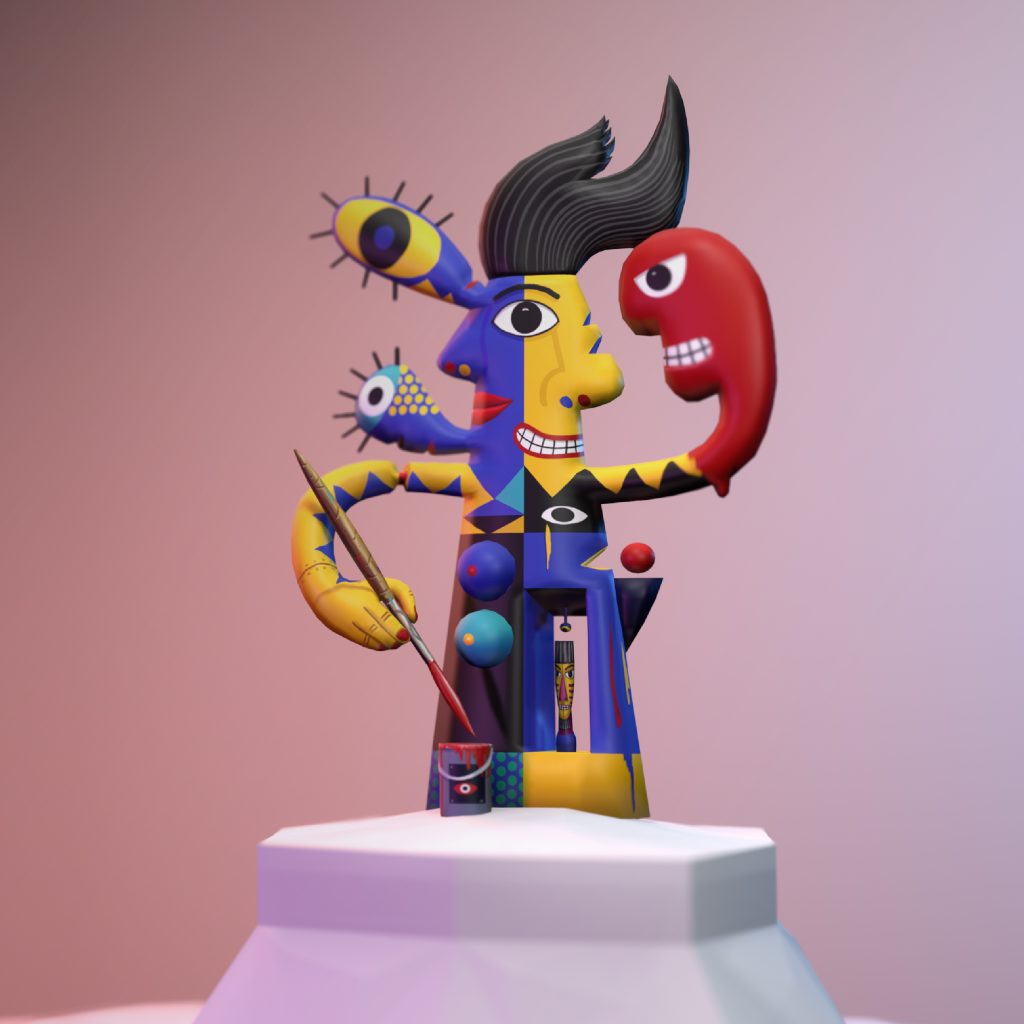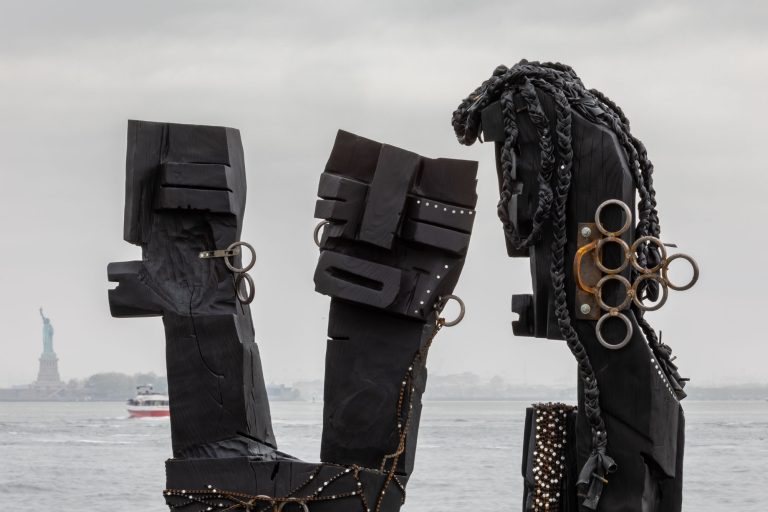Mic Mann

Courtesy of AFRICARARE
Mic Mann is the South Africa-based co-founder and CEO of Africarare, Africa’s first metaverse, which aims to unlock African creativity and connect the continent to the global digital economy.
hube: How would you define African creativity and imagination?
Mic Mann: All creativity stems from human culture. Africa’s very distinct culture is reflected in its unique style, which transcends art and design. It is very clear when a piece of creative work emanates from Africa. It will always have its own form of beauty. This talent is untapped in the digital world.
h: Afrofuturism is starting to create social change in ways that were previously unattainable. Today, more artists, critics, and scholars are engaging with it. Does this philosophy find any reflection in the Africarare metaverse?
MM: Yes, absolutely. We believe the metaverse is the greatest equaliser and will allow people to connect to other continents and cultures much more easily and showcase Africa’s unique spirit . We will shortly be launching the Normunda ribe of NFTs, based on the prolific work of world-renowned South African artist Norman Catherine. This collection truly embodies the unique creative talent of Africa.
h: In your opinion, why are the cultural, tech, and intellectual communities showing increased interest in Afrofuturism?
MM: In a world where populations are decreasing, Africa has one of the fastest growing populations. One in three children are expected to come from Africa by 2050. People who realise the value of population growth understand the opportunity presented by it and the emergence of the continent’s intellectual capital.
h: What role do you think the African continent and South Africa in particular can play in shaping future technological and cultural progress?
MM: Africans have always been storytellers—this is one of many talents that we can share to help advance cultural progress. The philosophy of Ubuntu emanates from Africa, and is based on coming together and how we, as humanity, are connected. The world can derive a lot of value from this perspective. We believe in the proverb: ‘If you want to go fast, go alone. If you want to go far, go together.’
h: In your opinion, why are the cultural, tech, and intellectual communities showing increased interest in Afrofuturism?
MM: In a world where populations are decreasing, Africa has one of the fastest growing populations. One in three children are expected to come from Africa by 2050. People who realise the value of population growth understand the opportunity presented by it and the emergence of the continent’s intellectual capital.
h: What is the biggest challenge that the Africarare team faces today?
MM: Lack of education in the industry regarding Web 3.0, and accessibility and connectivity across the continent.
h: What African thinkers or projects are important for your own sense of the future?
MM: Nelson Mandela taught us a lot as a nation and left us with timeless values. Even after his passing, he teaches us so much such as: “It always seems impossible until it’s done.”
h: How can the future evolution of the African metaverse help amplify the voices of the African diaspora worldwide? And what is needed for Africa to achieve its potential in the tech world?
MM: Africarare will connect Africa to the global digital economy. The opportunity is the same size as that of the internet—greater connectivity and accessibility is needed.
h: Some experts consider Africa one of the most promising places to implement the metaverse, but most people on the continent simply cannot afford to join it. Why do you believe that the idea of a meaningful virtual life will resonate with local communities in the near future?
MM: The metaverse is immersive and 3D. Human beings like to be present and feel a sense of presence—which the metaverse offers.
h: What role do you think the African continent and South Africa in particular can play in shaping future technological and cultural progress?
MM: Africans have always been storytellers—this is one of many talents that we can share to help advance cultural progress. The philosophy of Ubuntu emanates from Africa, and is based on coming together and how we, as humanity, are connected. The world can derive a lot of value from this perspective. We believe in the proverb: ‘If you want to go fast, go alone. If you want to go far, go together.’

